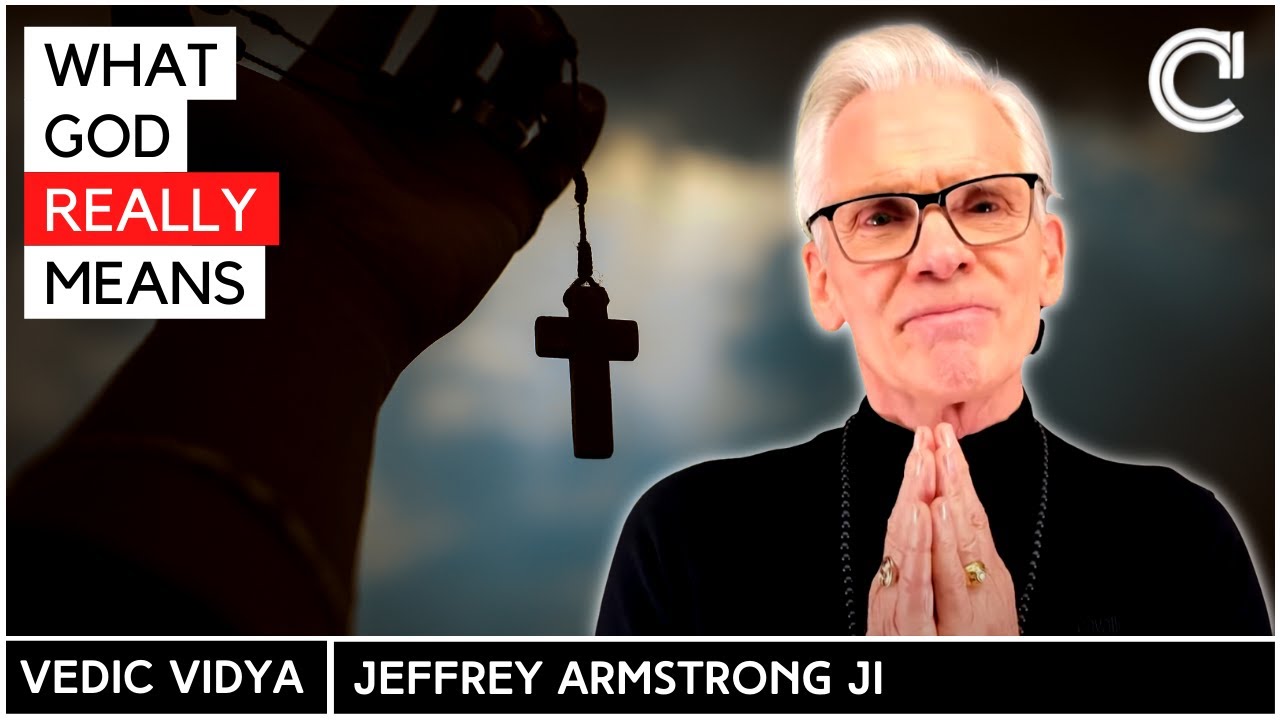TAKUT RADIKAL : TAK PERLU BERLEBIHANKAH ?
Summary
TLDRThis video script explores the multifaceted meaning of the term 'radical' ('radikal'), tracing its etymological roots from Latin, where it refers to 'root' or 'source.' It delves into how the term has evolved in various fields, including medicine, philosophy, and politics. The script covers its historical applications in movements like the French Revolution and the Indonesian independence struggle. The concept of 'radicalism' is dissected, with an emphasis on its positive and negative connotations—positive as a force for fundamental change and negative when associated with extremism. It also touches on the challenges of defining radicalism in modern discourse.
Takeaways
- 😀 The term 'radikal' originates from the Latin word 'radix', meaning 'root', symbolizing something fundamental or essential.
- 😀 In philosophy, 'radical thinking' refers to exploring ideas and realities down to their very core, which is essential for rational discourse.
- 😀 In medicine, 'radical surgery' is used to refer to the complete removal of a disease by targeting its root cause.
- 😀 In chemistry, 'free radicals' refer to molecules with unpaired electrons that can cause chain reactions.
- 😀 Politically, the term 'radical' historically referred to those advocating for significant, often revolutionary changes, like during the French Revolution.
- 😀 In 19th-century Britain, 'radical' movements were associated with reformers pushing for parliamentary reforms and voting rights.
- 😀 In the United States, the term 'radical' was often used to label anti-slavery activists and, later, political extremists during the Cold War.
- 😀 In Indonesia, 'radikal' was used by nationalists to describe resistance against Dutch colonial rule and has evolved to describe social and political movements.
- 😀 The meaning of 'radikal' in Indonesia has positive and negative connotations, with references to both progressive social movements and extremist acts.
- 😀 Modern-day radicalism is often linked to violence or extremist politics, but some argue it should be seen as a legitimate, transformative force for social change.
- 😀 The term 'radikalisme' has become controversial, with some arguing that its use in modern discourse has been distorted, losing its positive, progressive meaning.
Q & A
What is the etymological origin of the word 'radical'?
-The word 'radical' originates from the Latin word 'radix,' meaning root or origin. This reflects its meaning of being fundamental or core.
How has the term 'radical' been historically used in various fields?
-Historically, 'radical' has been used in various fields such as medicine (radical surgery to remove disease), philosophy (radical thinking to explore ideas deeply), and chemistry (free radicals). Its usage has evolved but is often associated with deep or fundamental change.
What is the connection between the term 'radical' and political movements?
-The term 'radical' has been used to describe political movements advocating for fundamental or extreme changes, such as during the French Revolution, where radicals sought to overthrow the monarchy. Over time, it has been associated with both left-wing (e.g., communism) and right-wing (e.g., fascism) movements.
What did the term 'radical' mean in the context of Indonesia's struggle for independence?
-In Indonesia, the term 'radical' was used by nationalist movements to represent their opposition to Dutch colonial rule. It was also the name of a political front that united various organizations to demand a parliamentary government.
How did Mitsuo Nakamura describe the political stance of Nahdlatul Ulama (NU) in Indonesia?
-Mitsuo Nakamura described Nahdlatul Ulama (NU) as having a 'radical traditionalist' character, meaning that NU's political actions, particularly its critical stance towards the government, were considered radical in a positive sense.
How is the term 'radical' interpreted in the context of the Indonesian language?
-In the Indonesian language, 'radical' is generally understood to mean fundamental, intense, or progressive in thinking and action. It does not have a specific religious connotation and can refer to both positive and negative actions depending on context.
What does Mahfud MD say about 'radical' thinking?
-Mahfud MD distinguishes between positive and negative forms of radicalism. Positive radicalism is seen as critical, substantive thinking aimed at solving problems, while negative radicalism involves attempts to change systems through violent means.
What is the role of 'radicalism' according to the United Nations and the Indonesian government?
-The United Nations and Indonesia's National Counter-Terrorism Agency (BNPT) emphasize that not all forms of radicalism are negative. They stress that while radical thinking can be constructive, radicalism that seeks to change systems through violence or unlawful means is considered terrorism.
Why is the term 'radicalism' controversial in Indonesia?
-The term 'radicalism' is controversial in Indonesia because it is often used without clear definitions, leading to confusion about its meaning. There is concern that the positive and progressive aspects of 'radical' thinking are being overshadowed by its association with violence and extremism.
How does the Indonesian government define radicalism under the 2018 Law?
-Under Indonesia's Law No. 5 of 2018, radicalism is not clearly defined. The law focuses more on counter-radicalization and de-radicalization efforts rather than offering a comprehensive definition of radical or radicalism.
Outlines

Cette section est réservée aux utilisateurs payants. Améliorez votre compte pour accéder à cette section.
Améliorer maintenantMindmap

Cette section est réservée aux utilisateurs payants. Améliorez votre compte pour accéder à cette section.
Améliorer maintenantKeywords

Cette section est réservée aux utilisateurs payants. Améliorez votre compte pour accéder à cette section.
Améliorer maintenantHighlights

Cette section est réservée aux utilisateurs payants. Améliorez votre compte pour accéder à cette section.
Améliorer maintenantTranscripts

Cette section est réservée aux utilisateurs payants. Améliorez votre compte pour accéder à cette section.
Améliorer maintenant5.0 / 5 (0 votes)






